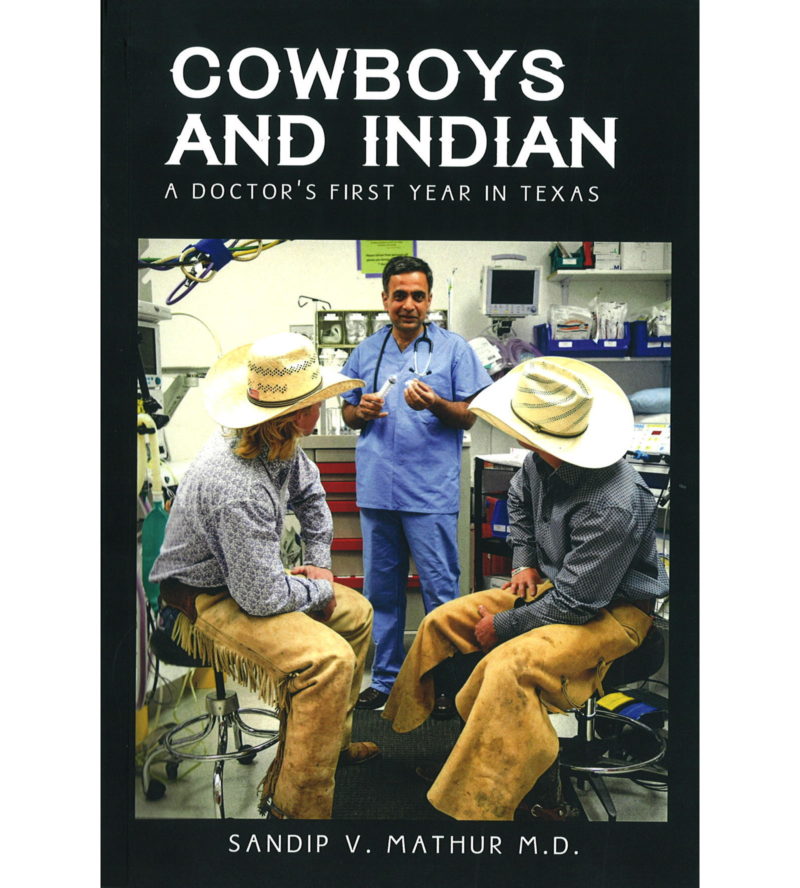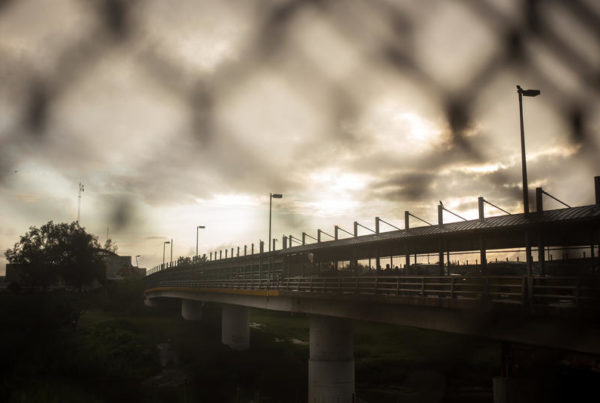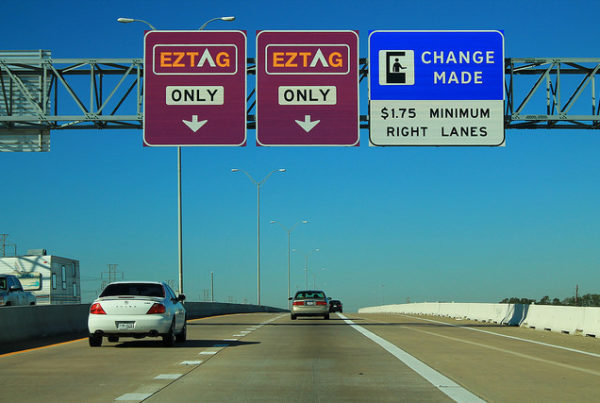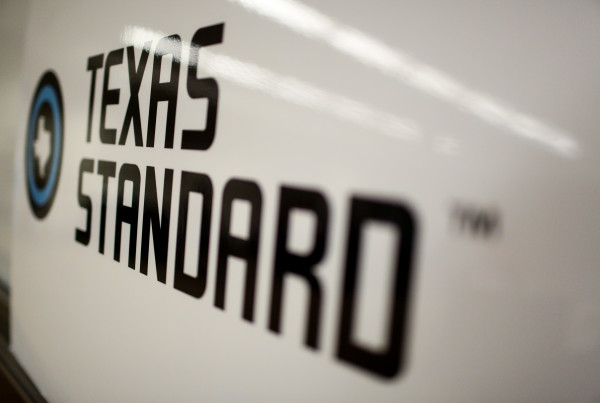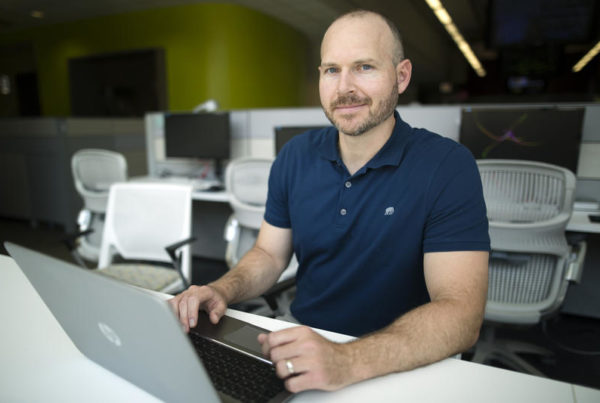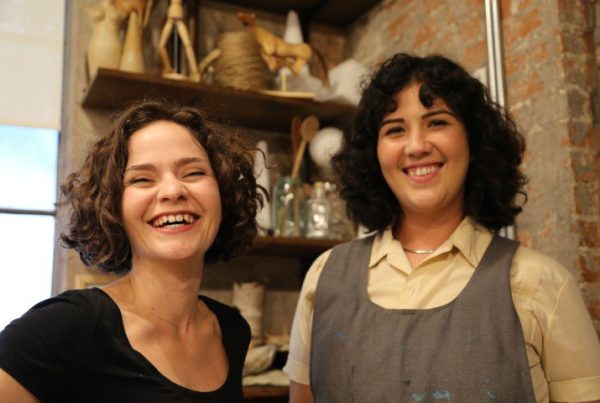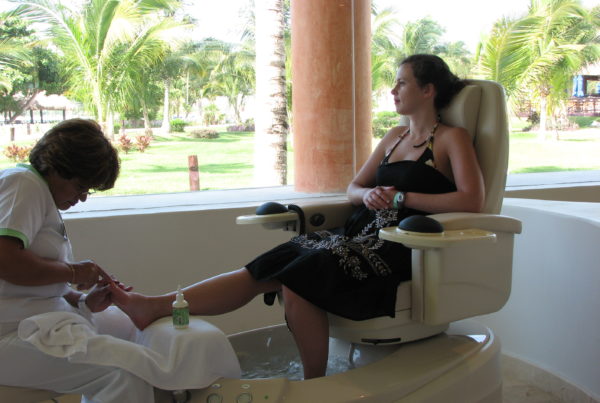From KACU:
About 5,000 people live in the West Texas town of Coleman. When he moved there in the early 90’s, Dr. Sandip Mathur was struck by one characteristic:
“I guess in a word, it’s openness, everything is open, the land is wide open,” he says.
He wasn’t used to those wide open spaces. Mathur was born in India, and trained to be a doctor in London and Houston. Coleman wasn’t exactly on his radar. But he was offered a green card if he worked three years in their underserved hospital. So he moved his wife and young daughters to the tiny town. His self-published book, “Cowboys and Indian: A Doctor’s First Year In Texas” recounts those unforgettable first years.
Coleman needed doctors, so Mathur hit the ground running. On his first day, a young rancher came to the ER suffering from an allergic reaction. His throat was closing up and then he stopped breathing.
“I was able to get a breathing tube in very quickly,”Mathur says “but what I hadn’t expected was he was big and the medicine I was giving him weren’t’ enough to sedate him properly and just as I was turning around to reassure his mother that all was well and everything was under control, he just rose up like a phoenix behind me and pulled all the IV tubes out, ripped out the endotracheal tube and there was blood and phlegm everywhere.”
If that sounds like an episode of “Grey’s Anatomy” Mathur says In some ways, it was. But picture fewer people on screen.
“Things on television, they’re all about big cities like Chicago, New York or Houston,” Mathur says. “This was my first year was in a very small hospital with virtually no backup in a remote part of Texas. All of a sudden you had to be the complete doctor and surgeon and radiologist and lab tech and respiratory therapist and everything rolled into one because there was no one else, it’s just you.”
At first, Mathur says he was overwhelmed. But, after a few weeks, he realized he enjoyed practicing every part of medicine. And the patients were unlike any he’d seen before. He treated cowboys, oil and gas tycoons, an NFL star. People were rugged and they spoke their minds.
“Sometimes in west Texas, people would say the truth so bluntly that I would be taken aback but learned to respect that and I realized that I always admired the people who were unafraid to speak the truth and just say how they felt,” Mathur says.
He says it was fun learning about a new culture, but building his medical practice was a struggle. At first, people wouldn’t trust a foreign doctor. When he did get patients, most of them were uninsured and too poor to pay.
And then, through unexpected circumstances, he got more patients.
“One of the doctors had to leave, another had a heart attack and a third had to have back surgery so all of a sudden I was the only doc in town,” Mathur says. “I can’t say I was so good that everyone came running to me. It wasn’t. it was there was no choice.”
As things sorted out professionally, they became rougher at home.
“My wife missed her friends and her family,” he says “I was very busy so I was away a lot of the time and that was very hard on her. And To tell you the truth, I think I had so much fun being a doctor that I did neglect her and I neglected my kids too.”
Mathur’s daughters were five and two. And while their dad’s absence took a toll on the family, he says their childhood in Coleman was happy. He says his daughters were quickly comfortable with their identity as Americans. For him and his wife, integrating successfully has been a more intentional process. But with every passing year he feels more American and Texas feels more like home.
“I don’t know of any other country that says E Pluribus Unum. It welcomes and accepts the fact that there are many different ideas and diverse thoughts and you can meld them all together and create one great nation,” he says.
It’s been more than two decades since Dr. Mathur immigrated to the U.S. Today, the country is still very much dependent on foreign-trained doctors. According to the American Medical Association, about one in four doctors practicing in the U.S. are international medical graduates. Mathur says his story shows bringing in those doctors is good for everyone.
“If anything my example is an example saying that it can work, it has worked… lead to some very very happy times and some long lasting friendships,” Mathur says.
Mathur stayed in Coleman for six years, twice as long as required for the green card. He says he has respect and affection for the men and women of west Texas. They inspire him and the purpose of his book is to honor them.


